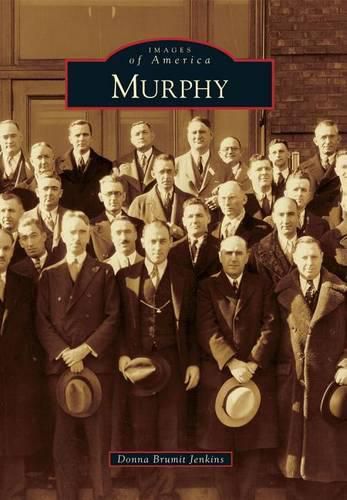Readings Newsletter
Become a Readings Member to make your shopping experience even easier.
Sign in or sign up for free!
You’re not far away from qualifying for FREE standard shipping within Australia
You’ve qualified for FREE standard shipping within Australia
The cart is loading…






With a 470-percent population spike during the last decade, Murphy, Texas, is the fastest-growing city in Collin County. Citizens are still drawn to the area just as the pioneers were. Murphy, first known as Maxwell and then Decatur, was once part of the Peters Colony empresario grant issued by the Republic of Texas in 1841. Carved out of the Blackland Prairie Region, the soil was rich and black, rainfall was abundant, the temperature was moderate, and the land was carpeted with tall grasses. Native trees, wild fruit, honey, game, fish, and wild turkey were plentiful. Trees were cut for homes, and prairie soils were plowed for crops. The arrival of the railroad in 1888 made it more convenient for farmers to transport crops and for local shopkeepers to operate their businesses, which left a lasting legacy in the community.
$9.00 standard shipping within Australia
FREE standard shipping within Australia for orders over $100.00
Express & International shipping calculated at checkout
With a 470-percent population spike during the last decade, Murphy, Texas, is the fastest-growing city in Collin County. Citizens are still drawn to the area just as the pioneers were. Murphy, first known as Maxwell and then Decatur, was once part of the Peters Colony empresario grant issued by the Republic of Texas in 1841. Carved out of the Blackland Prairie Region, the soil was rich and black, rainfall was abundant, the temperature was moderate, and the land was carpeted with tall grasses. Native trees, wild fruit, honey, game, fish, and wild turkey were plentiful. Trees were cut for homes, and prairie soils were plowed for crops. The arrival of the railroad in 1888 made it more convenient for farmers to transport crops and for local shopkeepers to operate their businesses, which left a lasting legacy in the community.